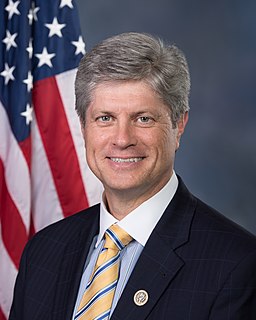A Quote by Noam Chomsky
As the capacity to coerce declines, it is natural to turn to control of opinion as the basis for authority and domination - a fundamental principle of government already emphasized by David Hume.
Quote Topics
Related Quotes
Now, the Libertarian Party, is a *capitalist* party. It's in favor of what *I* would regard a *particular form* of authoritarian control. Namely, the kind that comes through private ownership and control, which is an *extremely* rigid system of domination - people have to... people can survive, by renting themselves to it, and basically in no other way... I do disagree with them *very* sharply, and I think that they are not..understanding the *fundamental* doctrine, that you should be free from domination and control, including the control of the manager and the owner.
In a free society with a government based on reason, it is inevitable that there will be no uniform opinion about important issues. Those accustomed to suppression and control by governmental authority see this as leading only to chaos. But a government of the people requires difference of opinion in order to discover truth and to take advantage of the opportunity that only understanding brings.
That the people have an original right to establish, for their future government, such principles as, in their opinion, shall most conduce to their own happiness, is the basis, on which the whole American fabric has been erected.... The principles, therefore, so established, are deemed fundamental. And as the authority, from which they proceed, is supreme ... they are designed to be permanent.... The powers of the legislature are defined, and limited; and that those limits may not be mistaken, or forgotten, the constitution is written.
The fundamental flaw in Social Security and Medicare is that they violate the 'welfare principle' in economics. The welfare principle forms the fundamental basis of all charitable work in churches and other private organizations: assist those who need help, and equally important, don't assist individuals who can take care of themselves.
Government is necessary, but the only rights we can delegate to government are the ones we possess. For example, we all have a natural right to defend ourselves against predators. Since we possess that right, we can delegate authority to government to defend us. By contrast, we don't have a natural right to take the property of one person to give to another; therefore, we cannot legitimately delegate such authority to government.
I'm happy to respect authority when it's genuine authority, based on moral or intellectual or even technical superiority. I'm eager to follow a hero if we can find one. But I tend to resist or evade any kind of authority based merely on the power to coerce. Government, for example. The Army tried to train us to salute the uniform, not the man. Failed. I will salute the man, maybe, if I think he's worthy of it, but I don't salute uniforms anymore.
To live in the universe of high modernity is to live in an environment of chance and risk, the ineveitable concomitants of a system geared to the domination of nature and the reflexive making of history. Fate and destiny have no formal part to play in such a system, which operates (as a matter of principle) via what I shall call open human control of the natural and social worlds.
In your ordered verdict of guilty, you have trampled under foot every vital principle of our government. My natural rights, my civil rights, my political rights, my judicial rights are all alike ignored. Robbed of the fundamental privilege of citizenship, I am degraded from the status of a citizen to that of a subject; and not only myself individually, but all of my sex, are, by your honor's verdict, doomed to political subjection under this, so-called, form of government.




































